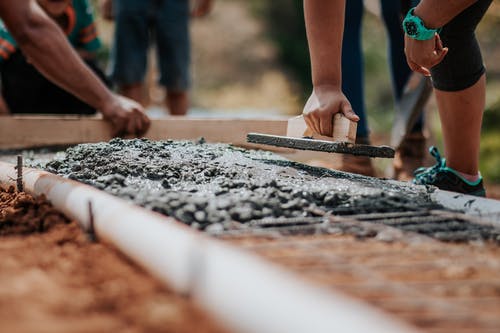Homes are available in a variety of styles to meet a wide range of requirements. Because of the wide variety of existing housing stock available, as well as the high expense of building a new home, most would-be homeowners opt to purchase an existing home. And this is not a bad option in the least. Most houses are built to survive for decades, can be easily renovated, and have the potential to appreciate over the course of their lives.
New-construction houses, on the other hand, have an inherent attraction. A new home may be tailored to meet your specific requirements. This method has very few, if any, hidden drawbacks. There are no hazardous elements such as lead-based paint or asbestos in the environment. The house plans are being created with new advantages in mind, but the old issues are being left out. Thus, it should come as no surprise that most individuals would choose to build their own house rather than purchase an existing one if all other criteria were equal.
Should you operate as your own contractor, or should you hire someone else?
When deciding to build your own house, it is normally recommended that you use the services of a qualified general contractor. There are several states that let homeowners serve as general contractors for their own homes. With this arrangement, you take on the role of what is commonly referred to as an owner-builder. Obtaining an owner-builder exemption and signing the building permit application are required to contract out for an extensive project such as a house (as opposed to an outbuilding or a smaller, lower-cost structure).

However, only a small percentage of the population is qualified to work as their own general contractor (GC). Building a house necessitates the coordination of many different elements and the coordination of these elements in a variety of ways. Projects and subcontractors must be planned in the proper sequence, with several municipal inspections interspersed throughout the process. You’ll need to be familiar with the construction codes. Furthermore, having a network of subcontractors that you can rely on to provide dependable work is quite beneficial to your project.
A general contractor is an individual who oversees all of this. A general contractor who supervises house development does not come cheap. Most general contractors charge between 10-percent and 20-percent of the total cost of the home build, which includes permits and supplies, depending on the situation. It’s a charge that most amateur house builders consider to be well worth it, especially if they have any previous expertise with general contracting.

Sweat Equity Allows You to Save Money
If you are determined to contribute to the construction of your home, there is only one way to go about it: by putting in sweat equity in the shape of tiny, individual tasks. It is possible for homeowners to complete late-stage, post-contract projects rather than hiring a contractor. These late-stage tasks are preferable for do-it-yourselves since you do not run the danger of delaying the overall house construction project.





